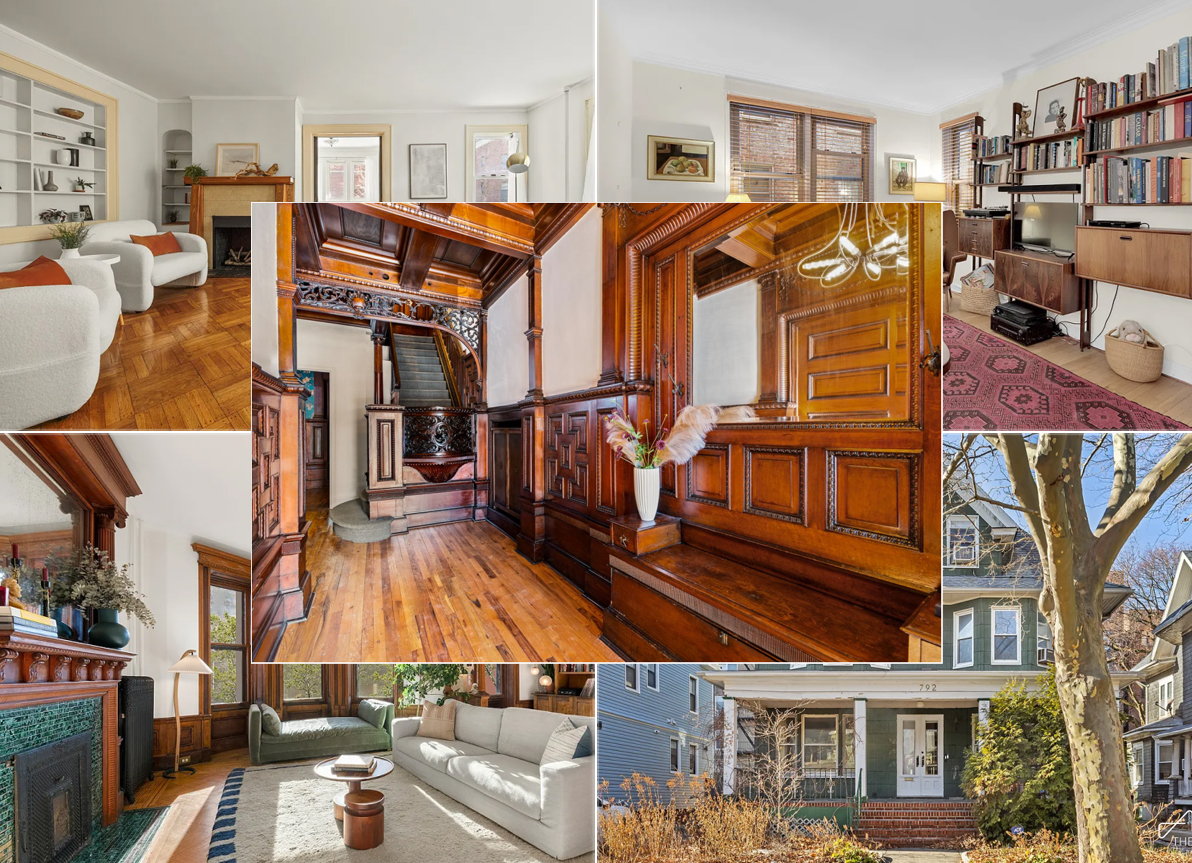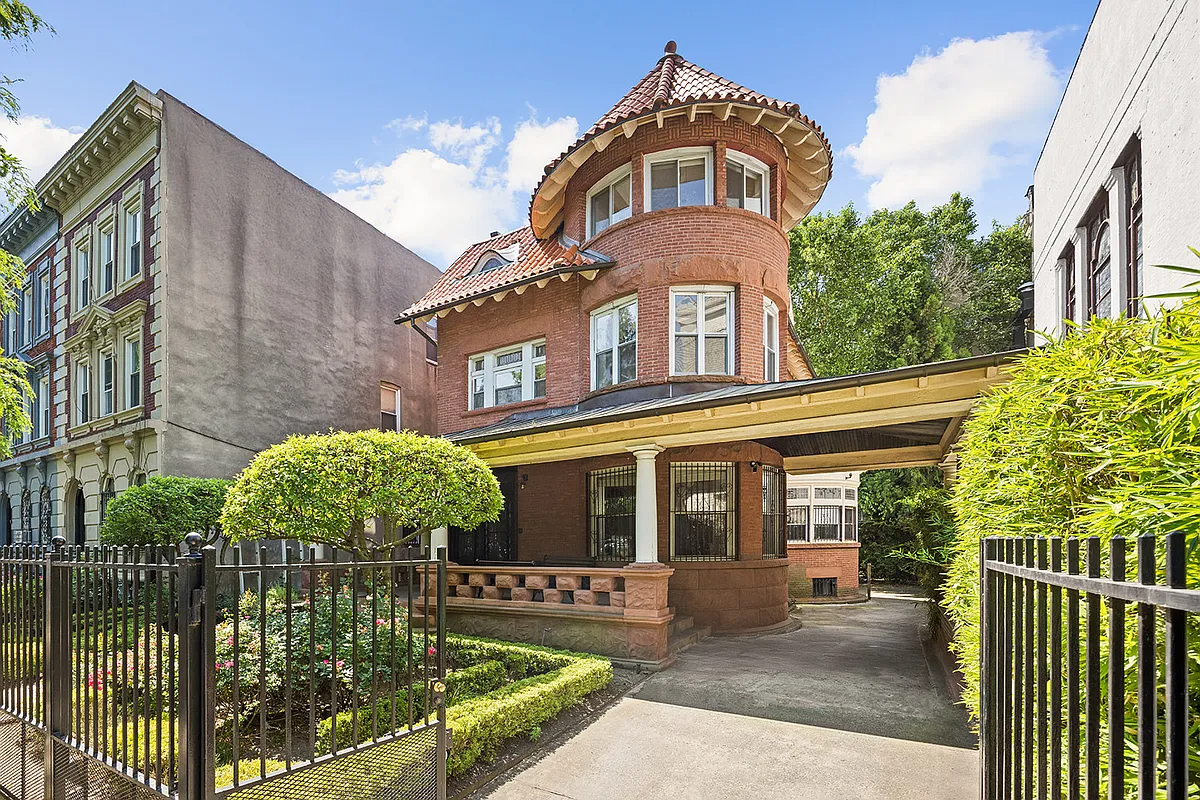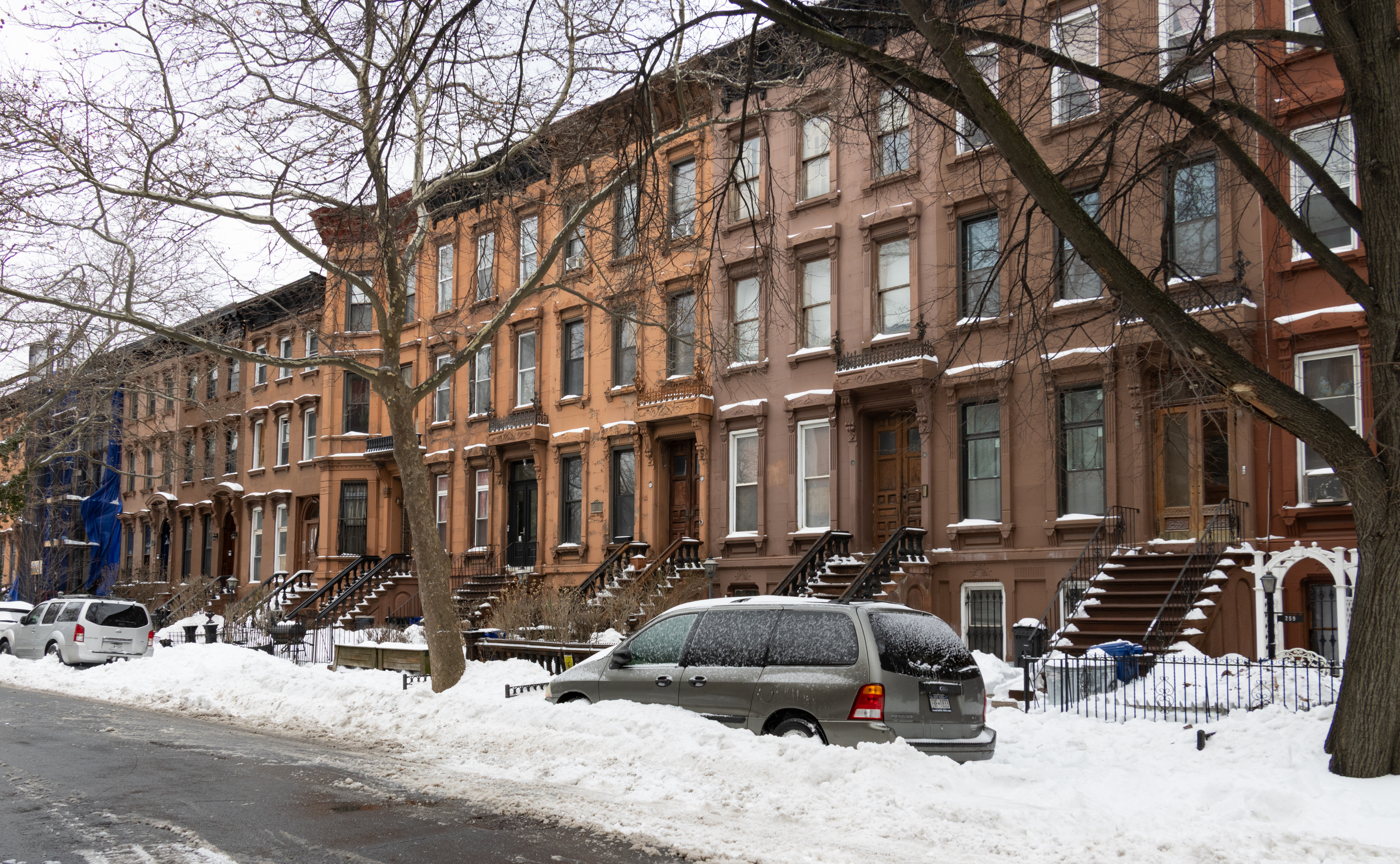Utopia in the City
Someday, Brooklyn will be “a place where neighbors sit down to share meals several times a week, where children roam freely from home to home, and where grown-ups can hang out in a communal living room.” Okay, maybe not all of it, but at least the swath in Fort Greene selected to become Brooklyn Cohousing,…


Someday, Brooklyn will be “a place where neighbors sit down to share meals several times a week, where children roam freely from home to home, and where grown-ups can hang out in a communal living room.” Okay, maybe not all of it, but at least the swath in Fort Greene selected to become Brooklyn Cohousing, reports the NY Times. As we reported at the end of October, the group of 14 member households, who’ve bought in at $20,000 to $40,000, and 25 associate households, who paid $500 and attend regular meetings, decided to build their paradise at the former St. Michael’s church property, an unfinished 40-condo project that had been known as Carlton Mews. “The group hasn’t settled on a project name yet, but it plans to build more modest apartments than the original developers intended and to fill them with families whose lives revolve around the courtyard and 6,000 square feet of common space where residents can cook together, play together, do woodworking or take an art class together,” they write. Folks will have to get along here, with 40 families making decisions that affect everyone (size of group dining room or common guest rooms, finishes in private kitchens) by consensus. The economy’s downward spiral may have given the project a boost, even though the units, from studios to four-bedrooms (smaller than average, since there’s shared common space), will sell for “market rate.” “A developer who can sell an entire project to a single entity runs a lower risk than one who has to sell individual units. Banks may also appreciate that while a developer may have trouble selling unbuilt condos, the cohousing group expects to sell almost all of the project before construction begins.” But the project is admittedly a financial risk. You’re not buying an apartment, said one of the founding members, Alex Marshall. You’re becoming a legal member of a community and sharing in the costs and risks of building it.
A Village Down the Block [NY Times]





Perhaps some of you should read up on co-housing first. It indeed is not for everyone, but for those who seek to shape their residential lives and create more opportunities for community-living it is an interesting experiment. Hey, the worst that can happen is that it doesn’t work. Why are so many people fearful of something different or beyond their immediate experience?
The problem with the Shakers was a little different. They did not approve of sex, so their communes needed to perpetuate themselves by “adopted” children who came from orphanages or poor families. Many of these children were unhappy to say the least among the severe eccentricities of the Shakers. Many spent most of their time trying to escape.
I don’t know how this type of modern commune will perpetuate itself. Will the children return and start their own families there? What makes me think not? Will new members buy in because it is cheaper with no intention of mingling with strangers next door? Without the power of religion or communist ideology (which is like religion) I just don’t see how something like this could actually work in NY. People get bored, they drop out, and unless they are threatened with hellfire or the gulag, will want to move on eventually.
I wrote an article about 20 years ago on cohousing, but at the time it was more popular (if that’s the word) in college town-type settings. Not sure if it would work in an urban setting, as the groups I spoke to had fewer constraints re zoning and land use.
One thing that struck me then, and still does, is what happens to the community when the original, committed members age out. It’s been a problem for every communal-type living arrangement, including for groups like the Shakers.
Because communism has worked out so well everywhere else.
I did like the color card thing, so debates don’t have to be endless. Unlike the condo board.
To each their own. There must be some attraction that draws people to belong to groups like the Jehovah’s Witnesses, for eaxample, some need to belong to a group that subsumes your independence but offers you security and support as an alternative. Many of us fled to NY and other large cities to have as much personal independence as possible. The thought of having anything to do with other people’s deranged children is particularly unappealing to me. I suppose the members will be self-filtering and may be composed of people seeking the experience of village life. Oy!
I think the idea of making so many group decisions sounds personally hellish. Just from a few years of meetings at a condo board, I’ve had all I can take for a lifetime.
that sounds like a nightmare and totally borders on cult-ishness. the last thing id want is a bunch of “families” being all up in my business. tho if it works for some, so be it.
*rob*
I don’t think this would be for me, but it will be pretty interesting to see how it all works out. Hopefully better than that commune on Staten Island where someone got shot!